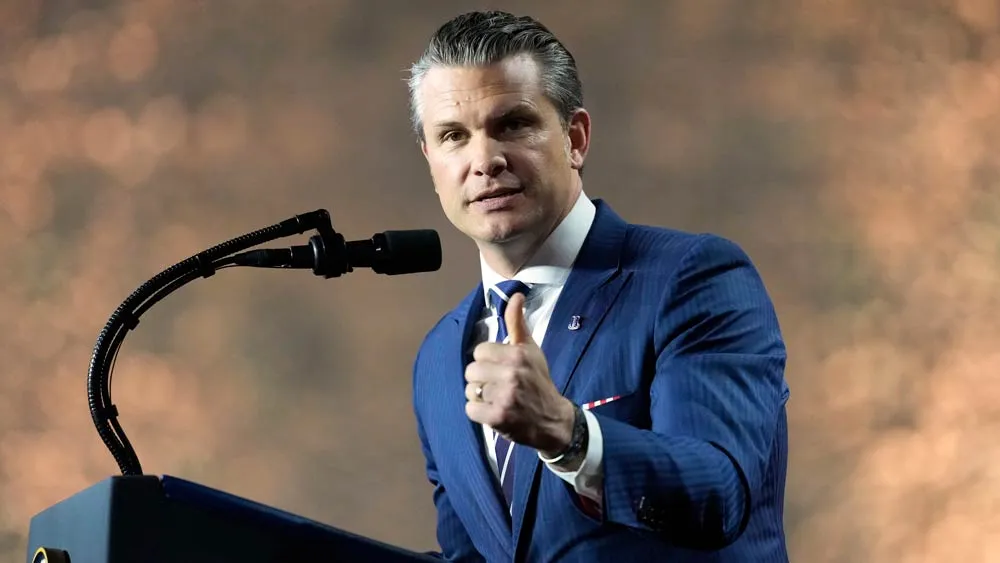October 13, 2015
Pope's Sex Abuse Commission Taking Advice on the Road
Nicole Winfield READ TIME: 2 MIN.
Pope Francis' sex abuse commission has begun an important new phase of its work: Bringing the expertise of its members to the developing world where bishops' conferences have lagged behind their English-speaking counterparts in crafting guidelines to prevent abuse and care for survivors.
In August, three members of the commission held a three-day workshop with 76 of the 92 Filipino bishops on creating safe environments for children in the Philippines, where 60 percent of Asia's Catholics live. Next month, the head of the commission, Cardinal Sean O'Malley of Boston, and two other commission members will host a similar workshop for the Central American bishops' conference in Costa Rica.
In both cases, the bishops themselves came to the commission and asked for help, commission members said Monday at the end of their three-day plenary assembly. That's an important development given that bishops have long been criticized for failing to sanction abusive priests in a bid to protect the church and prevent scandal.
"It is a fairly big deal," said Gabriel Dy-Liacco, a commission member, psychotherapist and pastoral counselor from the Philippines who arranged the workshop. "It's important to note that they're the ones who asked for it, which I think is great. It means the motivation is coming from them, not from us. And that's precisely what this type of work needs."
In 2011, after thousands of people in Europe, Latin America and beyond came forward with reports that priests had raped and molested them as children, the Vatican asked bishops' conferences around the world to draft guidelines to fight abuse, help survivors and cooperate with civil authorities. While many conferences drafted the guidelines and sent them to Rome for review, others lagged behind - particularly in West Africa and other parts of the developing world where the scandal hasn't made headlines.
Part of the mandate of the pope's abuse advisory body is to help those countries come along by offering the expertise of its members as well as pointing them to models of good-functioning guidelines from other bishops' conferences.
Dy-Liacco said for the Philippines, the church is in the process of overcoming the societal taboo about talking about the sexual abuse of children - a taboo that has resulted in the problem being under-reported in the media "even though it is a fact of life."
"Things like that don't change overnight," he said. "But I think it's very good that Pope Francis has created this commission and brought a lot of awareness to the problem so that those who are in leadership positions can begin to institute that change."





